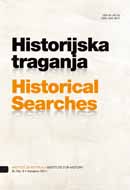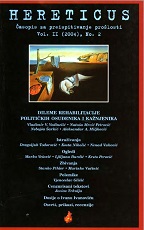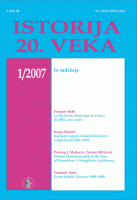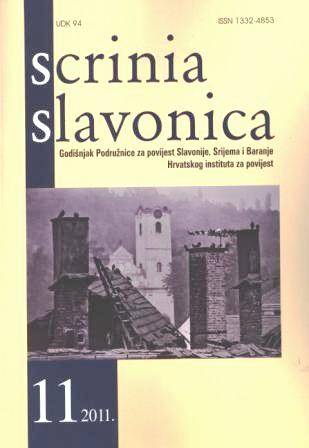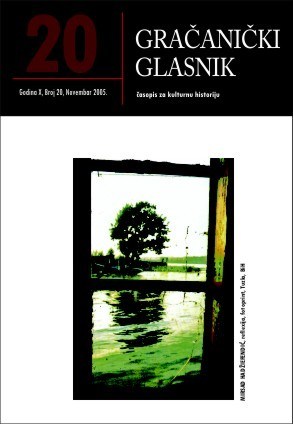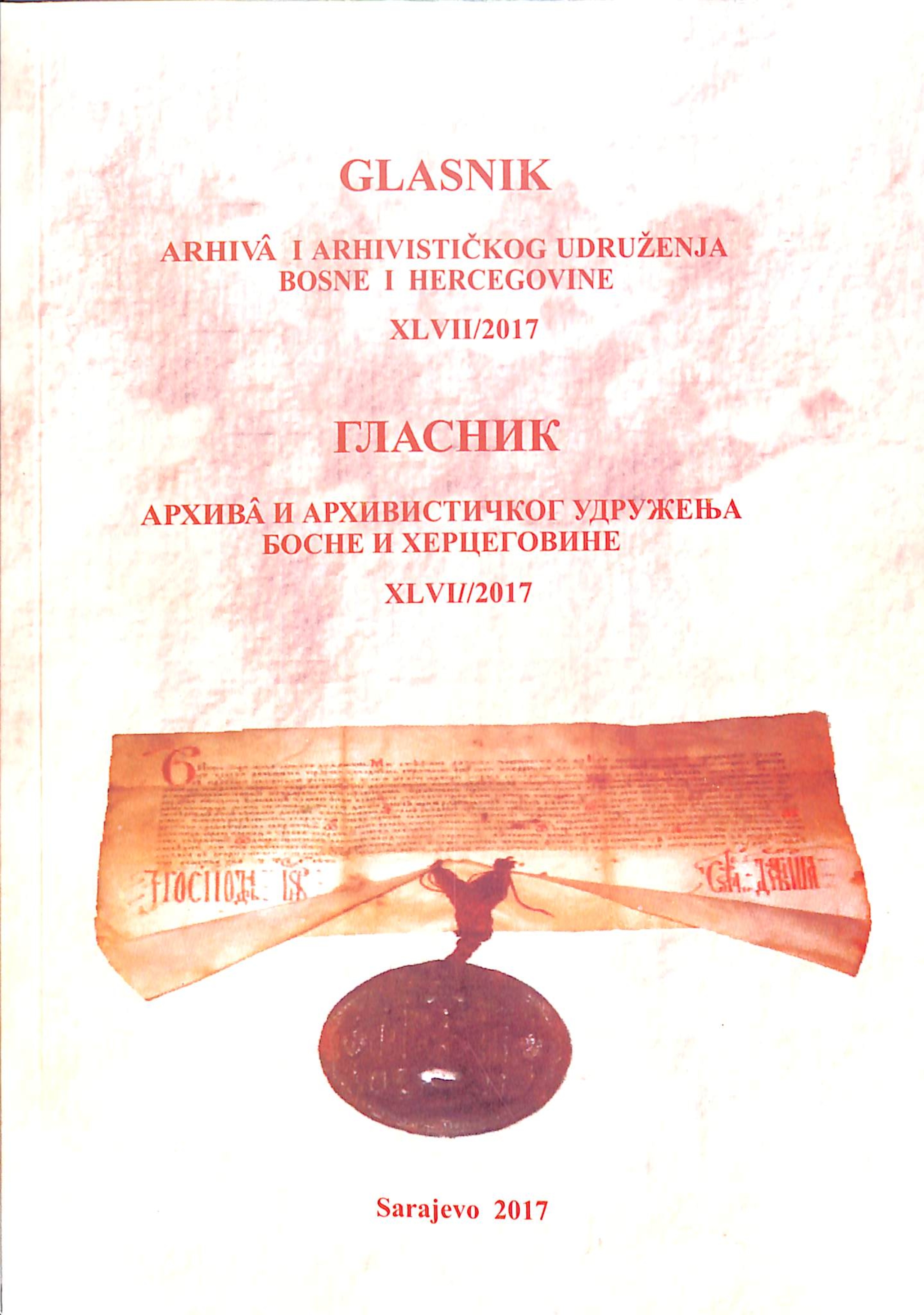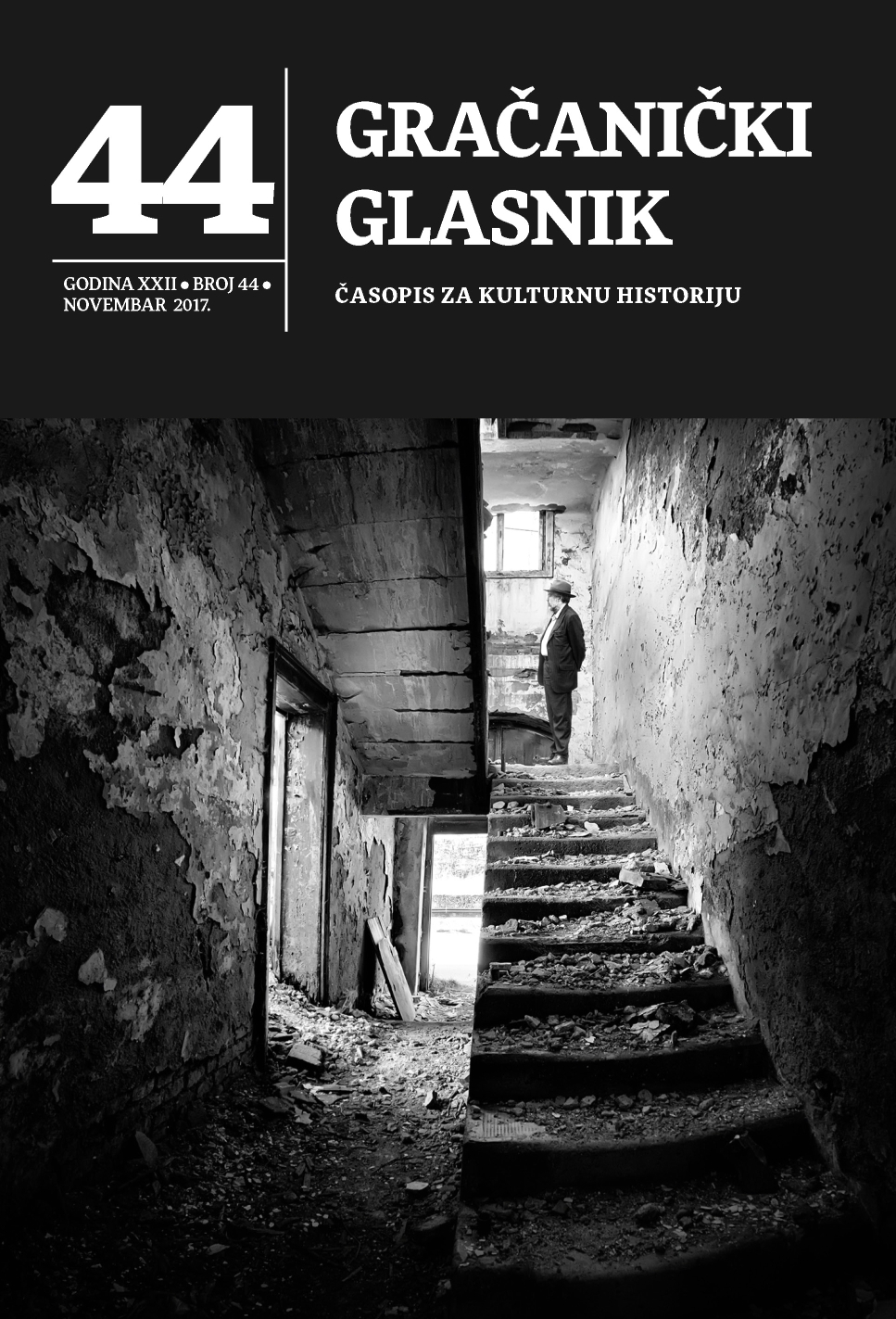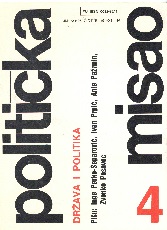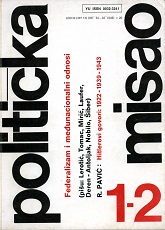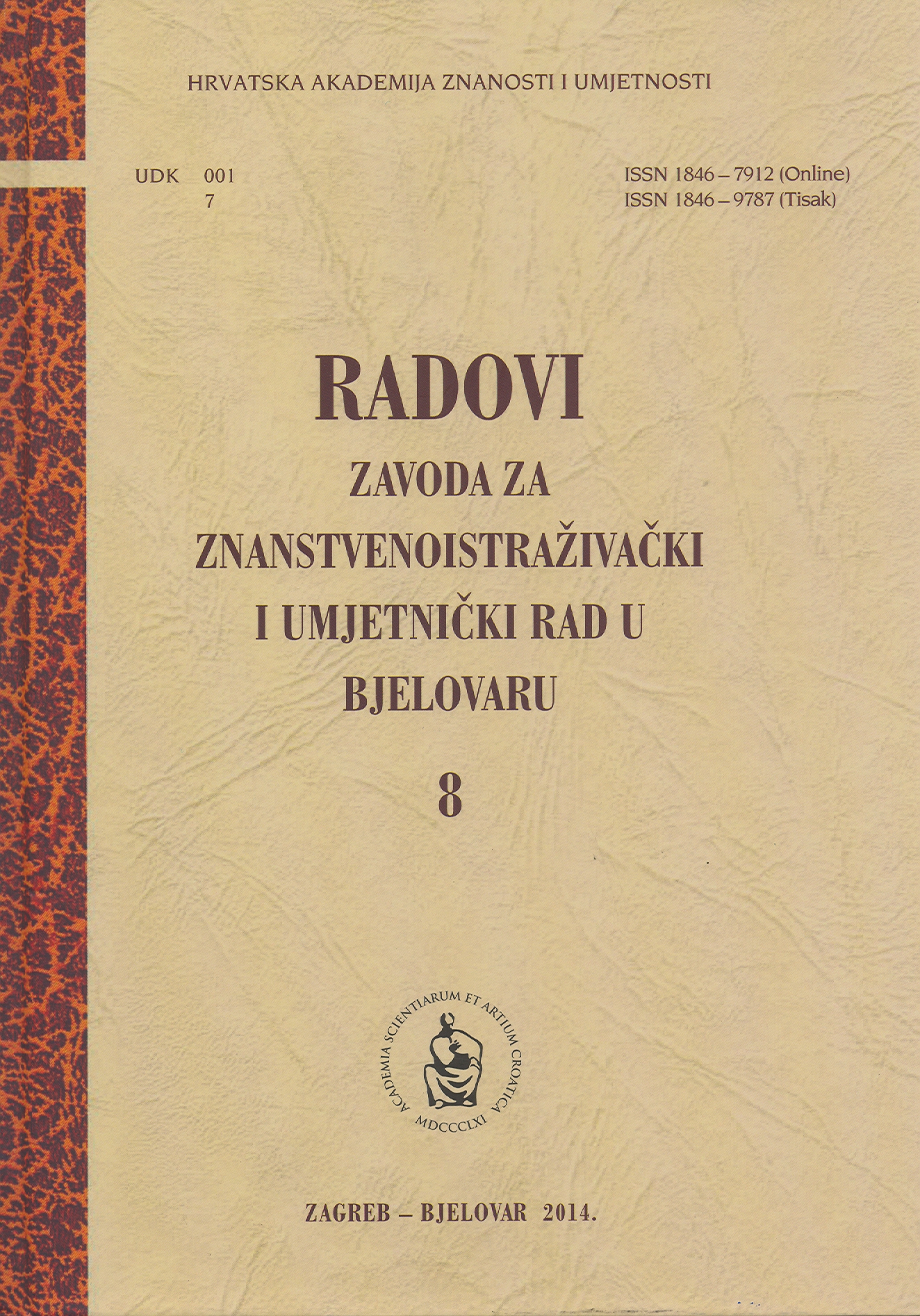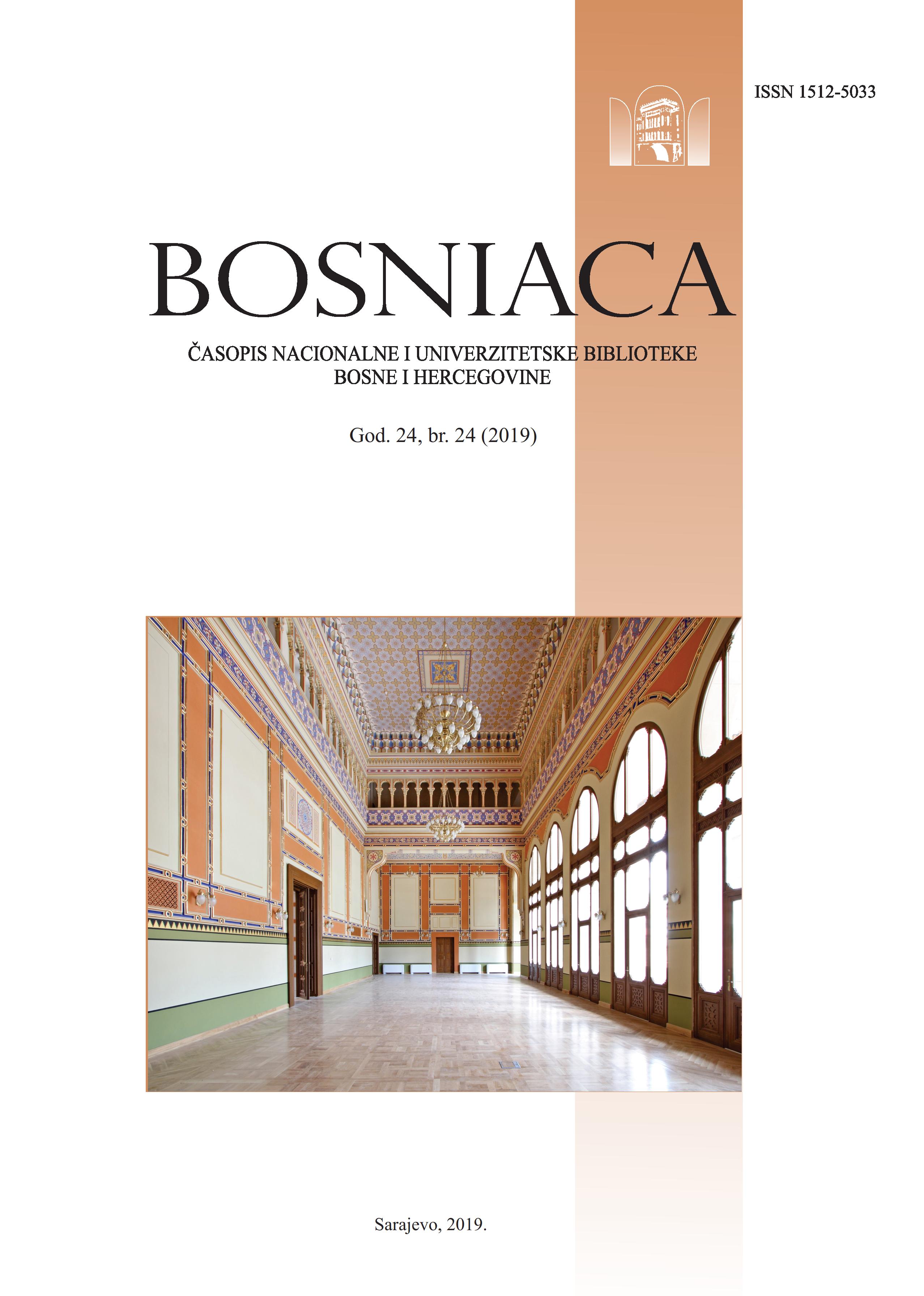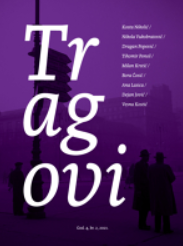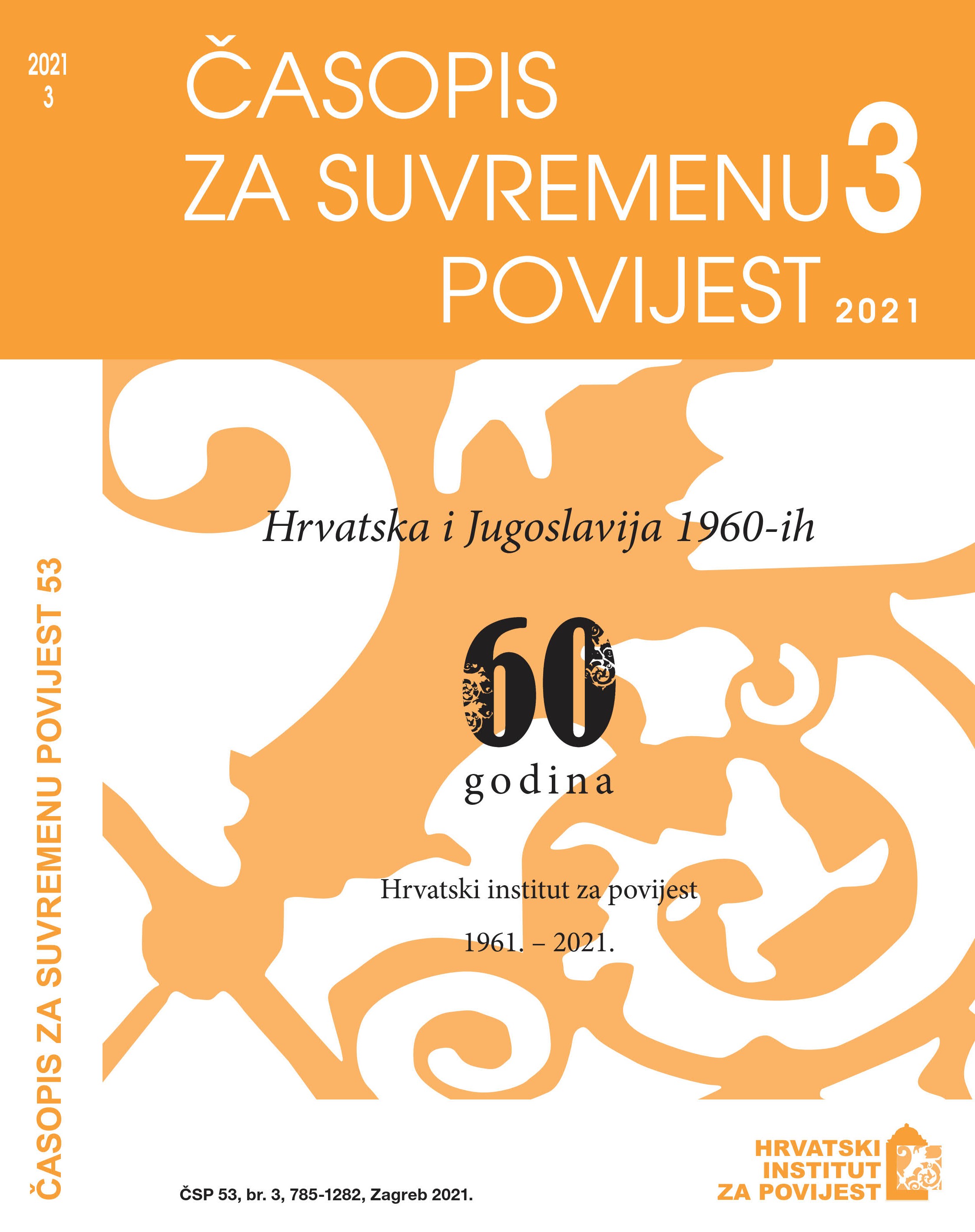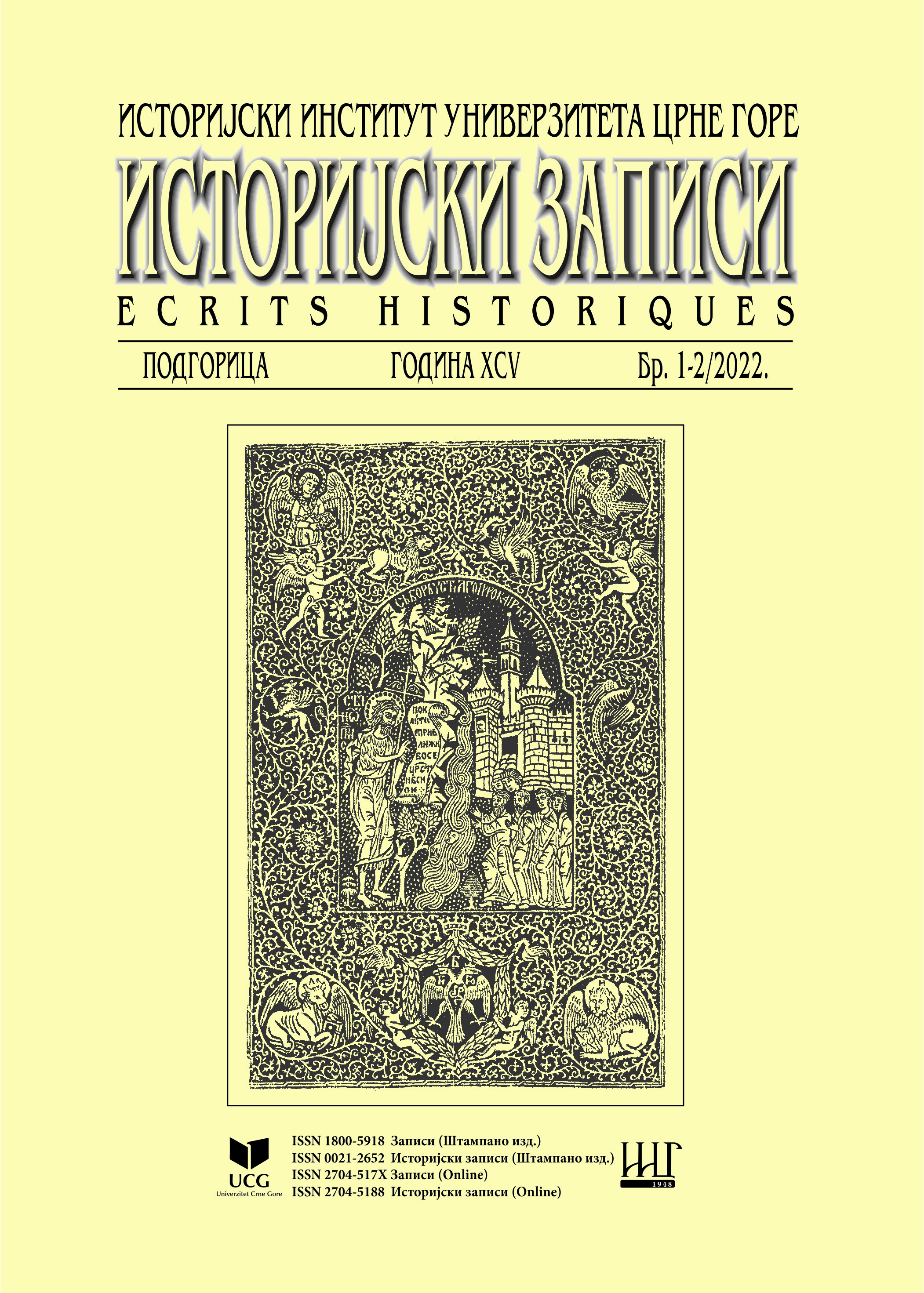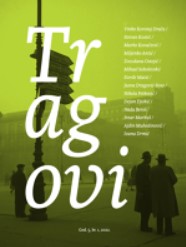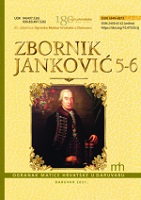
Hegemony of Anti-Anti-Fascism : Legalization of National anti-Fascism
Legalizovanje nacionalnog antifašizma
Keywords: anti-fascism; legalization;
Anti-Fascism, anti-Communism, anti-Capitalism and anti-Totalitarianism, ideological patterns which shaped up sociological thinking in the 20th century, are still active. As historical experience which shaped up those patterns grows more distant, the scope of their ideological use seems to be expanding. That anti-Fascism is a good example of the foregoing is is best proved by its diverse emphasis and also by its denial, that is, anti-Fascism. The term anti-anti-Fascism in the positive sense was for the first time used by the German extreme right-wing group \"Europe nation\" in 1972. They defined anti-Fascism as a political repression and peace movements as enemies of the nation. Currently in Germany, the expression \"Anti-antifa\" is a hallmark for neo-Nazis who collect data on the anti-Fascist activists to fight against them by violent means. Those data are thereafter published on \"black lists\" of the \"right-wing front\". Slogans like, \"Who is anti-Fascist is also a communist\", and \"Anti-Fascism is Marxism in disgusie\", serve to suppress anti-Fascism from public debates. However the notion of anti-anti-fascism has also a negative value version, which tries to justify or relativise fascism, and is present in various segments of society, ranging from scientific realm to the militant, street neo-Nazis. (1). In a chaotic ideological transition in the Western Balkans, in the past 15 years, anti-anti Fascist culture of remembrance has become hegemonious.It is important to note that it rests on a strong alteration of ideological-political premises: anti-totalitarianism has suppressed anti-Capitalism, anti-Fascism was nationalized, and anti-anti-Socialism has disappeared. By quoting randomly the number of victims of the Communist violence, the history of socialism is written by a pocket calculator. Thus the new culture of remembrance has opened the door to rehabilitation of various Quislings. On the other hand, emergence of strong national feelings among the local warring sides from the WW2, unfolds in the sign of anti-Yugoslovenism. To put it briefly anti-anti-Fascism relativizes crimes of Fascists, rehabilitates Quislings, and revalues anew victism and executioners. However, one should admit that in the right are also those who warn that criticism of anti-Fascism emerges as a response to overideologized function of anti-Fascism in Socialism and on omissions made by the socialist history. Communist anti-Fascism had a more important role in immunization of socialism from criticism. However, restoration of chauvinism and religion may be only partly interpreted by saturation with decreed communist anti-Fascism...
More...
